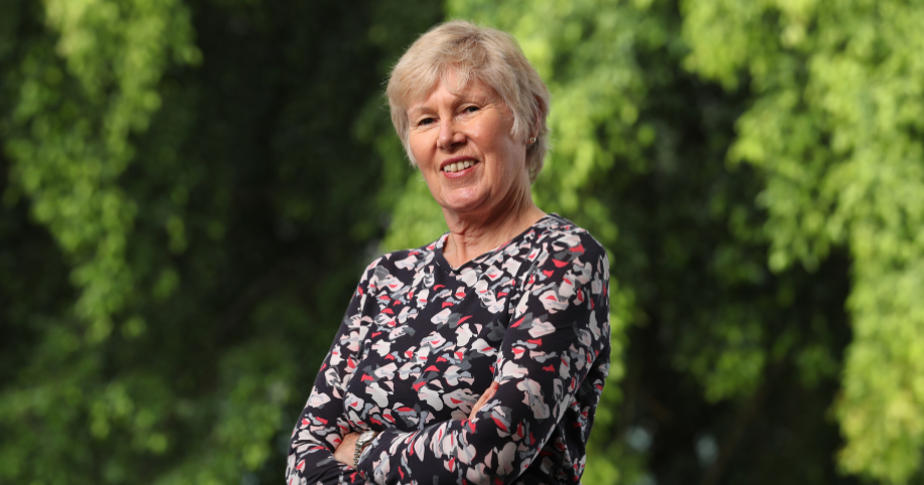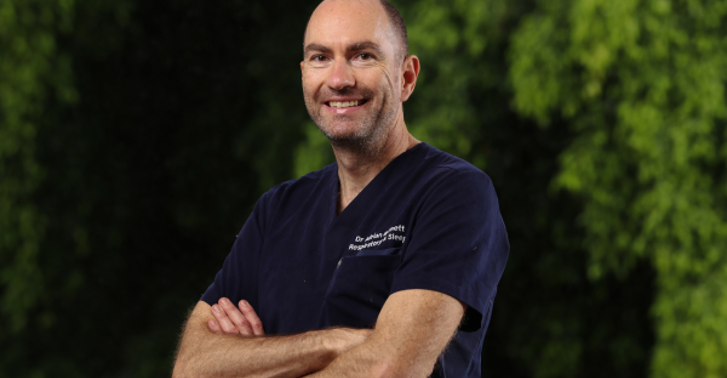
New research from a major Australian clinical trial has found that medicinal cannabis has only limited ability to relieve pain symptoms in people with advanced cancer.
Led by Mater Research’s Professor Emerita Janet Hardy and Professor Phillip Good, the study assessed whether an oral dose of cannabis oil with a 1:1 combination of cannabidiol (CBD) and tetrahydrocannabinol (THC) would reduce pain and symptoms over 28 days.
CBD is considered to have no intoxicating effects, but THC has strong psychoactive effects and is the chemical that gets people “high”.
Of the 144 participants in the Queensland trial, half took daily doses of an oral cannabis solution ranging from 2.5mg to 30 mg THC:CBD a day, the rest received a placebo, and both groups were given palliative care.
The results showed that the patients receiving the THC/CBD combination oil had minor pain benefits but increased toxicity, with side effects including drowsiness and feeling “an exaggerated sense of well being”.
Professor Hardy said that the results highlight the importance of managing expectations around medicinal cannabis.
“While some patients may experience pain relief, it’s not a magic bullet—and it can come with side effects,” she said.
Both the cannabis and placebo groups experienced similar improvements in total symptom burden, again confirming the strong benefit patients have by being involved in a palliative care clinical trial.
“Interestingly, patients in the placebo group reported greater improvements in overall wellbeing at the two-week mark.”
Professor Good said that the study found that medicinal cannabis did not reduce the need for opioid painkillers.
“We found that while the cannabis medication was generally well tolerated, some patients had to have their dose reduced because of drowsiness and other side-effects,” she said.
This was the second medicinal cannabis trial conducted by Professor Good’s research team, who are now trialling a third combination of cannabis to see if patients report more benefit and less toxicity.
The first study, MedCan 1, revealed that CBD oil alone is no better than a placebo in reducing pain relief in patients with cancer receiving standard palliative care.
Now, the results of Med Can 2, which compared a 1:1 combination of CBD and THC, have been released with similar results.
The third clinical trial, MedCan 3, is currently underway and is being offered via an innovative teletrial model, giving access to patients living in remote areas of Queensland.
MedCan 3 is a 1:20 combination of THC and CBD and around 150 volunteers are needed for the study.
The full paper, Medicinal cannabis for symptom control in advanced cancer: a double-blind, placebo-controlled, randomised clinical trial of 1:1 tetrahydrocannabinol and cannabidiol was published in Supportive Care in Cancer.
To learn more about Med Can 3, email palcareresearch@mater.org.au or phone 07 3163 6057.



